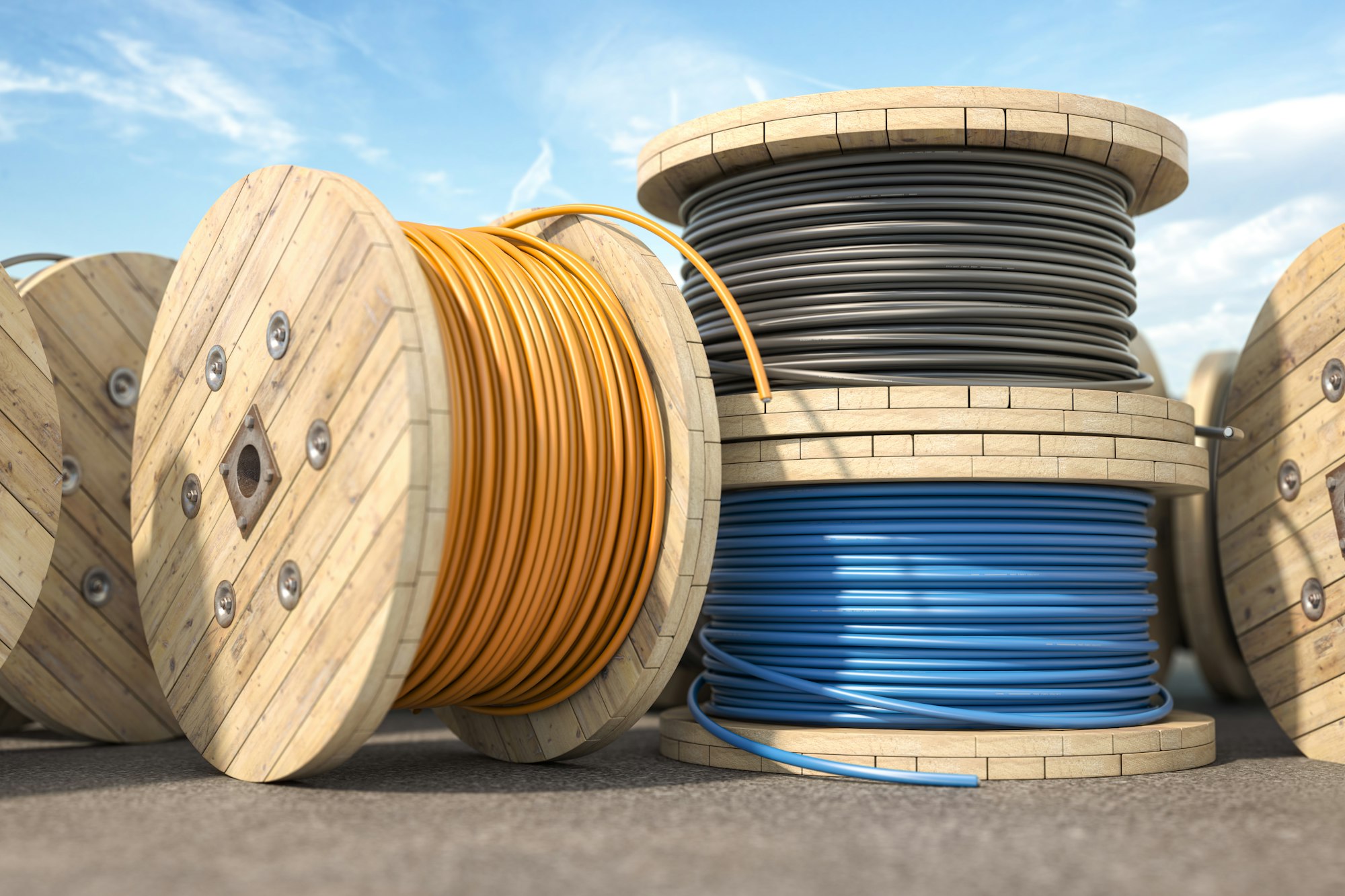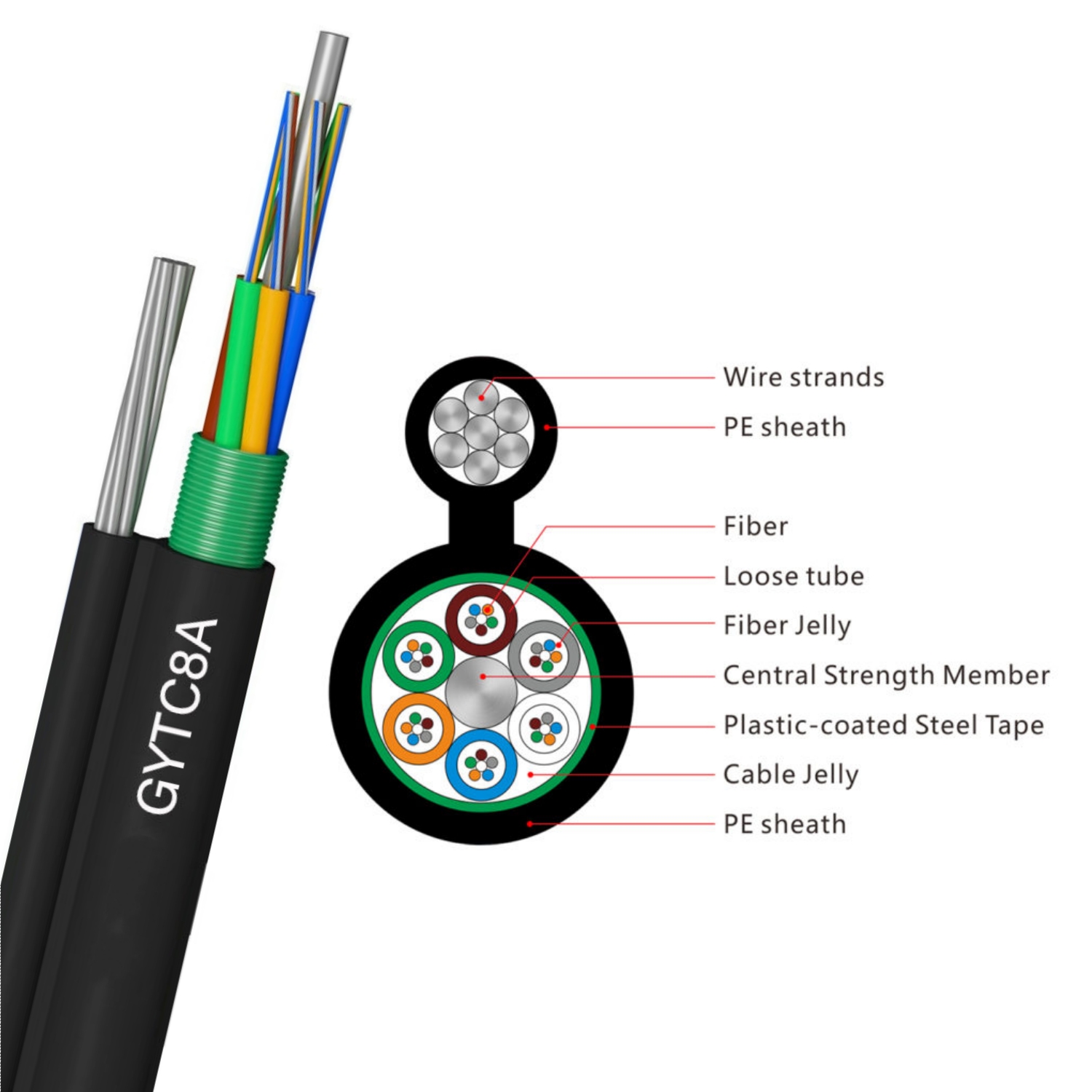Introduction
Fiber optic cables are like the highways of information, allowing data to zoom across vast distances at the speed of light, all within the confines of thin, flexible strands. They’ve revolutionized our connectivity, supporting everything from internet services to telephone systems. A curious myth has emerged, however, leaving some wondering whether these high-tech threads can actually freeze when the mercury plunges.
The Science Behind Fiber Optics
At their essence, fiber optic cables transmit data through light, with each pulse representing bits of information. The cables are made from glass or plastic, materials chosen for their ability to guide light with minimal loss. The true brilliance lies in their core and cladding layers, designed to reflect light along the cable’s length.
Can Fiber Optic Cables Freeze?
Water freezes, but can fiber optic cables, with no water inside, do the same? The science says no. Fiber optics have a freezing point much lower than any temperature Earth could offer. However, the materials surrounding the fibers can react to extreme cold, potentially causing performance issues.
Real-life Implications and Effects
There are tales of fiber optic cables in extreme climates, with temperatures falling far below zero. The fibers themselves stand firm, but the protective casing may contract or become brittle, leading to cracks and damage.
The Impact of Freezing on Fiber Optic Performance
Freezing temperatures don’t affect the light inside the fibers, but they might hamper signal transmission if the cable’s structure is compromised. It’s critical to have safeguards like insulation and proper installation practices to shield these delicate lifelines from the cold’s embrace.
Conclusion
Fiber optic cables are a marvel of technology, seemingly impervious to the freeze-thaw cycles that grip our world. While they themselves do not freeze, the cold can still reach through their protective shields and meddle with their operation. It’s a myth that they can freeze, but a reality that they must be protected.



